Raspberry Shake Data Center
Feed your research with high quality data
The Raspberry Shake Data Center (SDC) is online and ready to serve you. All (*) of the historical seismic data from the Raspberry Shake network is available for download using the SDC’s FDSN Web Service.
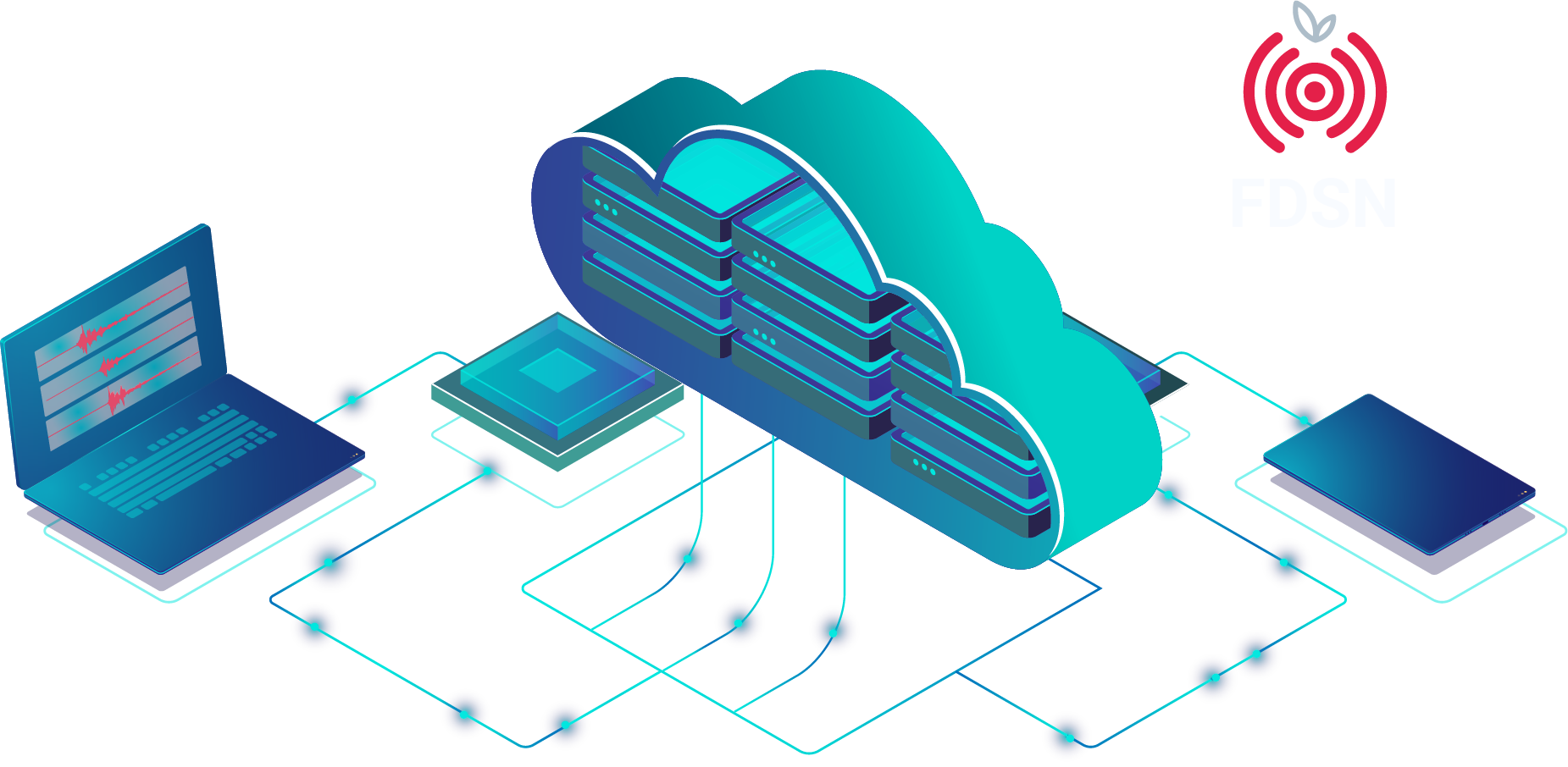

Data from 1,000s of stations
Raspberry Shake operates the largest permanent real-time streaming seismic network in the world
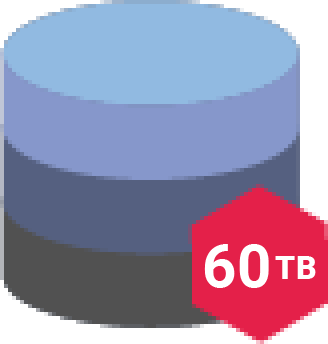
60 TB of data
Since 2016, the SDC has collected over 60 TB of seismic and infrasound data, complete with instrument response files

Free access
All historical data is freely accessible via the SDC’s FDSN Web Service

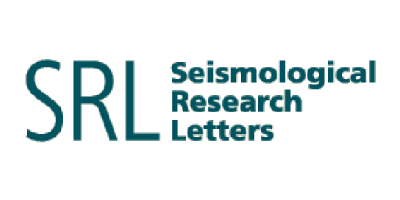

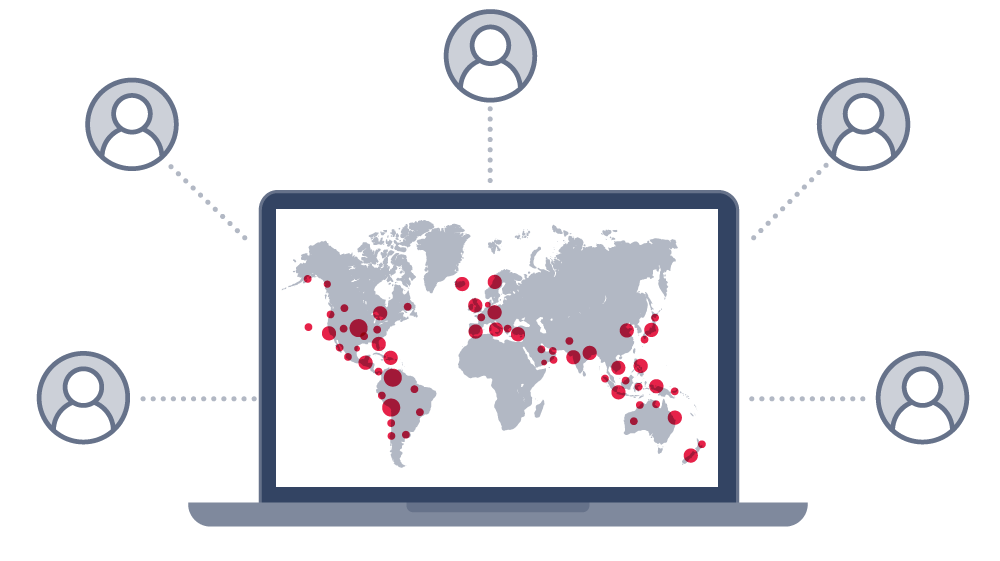
Seismology’s first and only crowd sourced data center
Data from the Raspberry Shake network has grown enormously thanks to continuous real-time contributions from professional seismologists and citizen scientists alike. This is community science participation at its best.
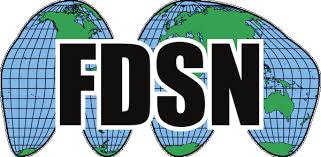
FDSN Web Services
Use the SDC’s FDSNWS to access station metadata in FDSN StationXML, StationXML and SC3XML formats and time series data in miniSEED format. All (*) historical data all the way back to 2016 when Raspberry Shake was born is now online and available via FDSNWS.
IP to use for fdsnws queries:
https://data.raspberryshake.org/fdsnws/
(*) All historical data is available via the FDSN Web Service, except EN* channels (strong motion), which are limited to the past year.
Examples
fdsnws-dataselect example via wget:
fdsnws-dataselect example via ObsPy:
Peer reviewed publications
Scientific journals have already begun to publish original research that leverages data from the SDC. We have made the historical data freely accessible and easy to access. What hypotheses will you test?

Global quieting of high-frequency seismic noise due to COVID-19 pandemic lockdown measures
“We compiled a global seismic noise dataset using vertical-component seismic waveform data from 337 broadband and individually operated citizen seismometer stations (24), such as Raspberry Shakes (RS), with a self-noise well below the ground motion generated by anthropogenic noise (25), and flat responses in the target frequency band. “
Get in touch for help and further information:
For publication purposes, please use: